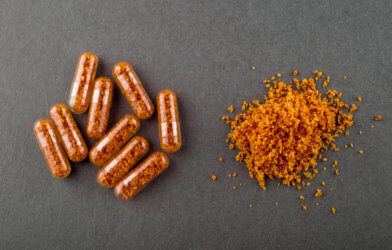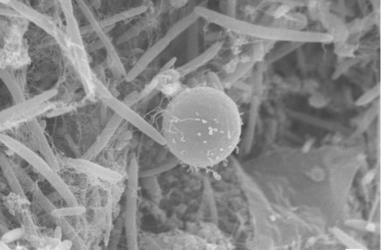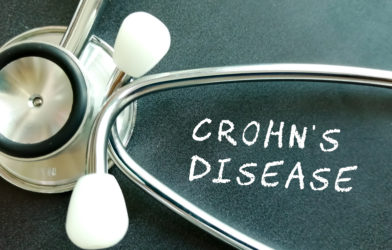
inflammation


Common parasite found in gut actually keeps you healthy by fighting inflammationMay 2, 2022

One type of E. coli relies on Crohn’s disease to survive, shows new studyMay 2, 2022

Obesity can ‘rewire’ immune system, causing some drugs to make other conditions worseApril 25, 2022

‘Good’ cholesterol plays important role in protecting your liver, scientists sayApril 22, 2022

Study finds new, promising target for IBD treatmentApril 22, 2022

Crohn’s disease linked to fatty tissue surrounding the gutApril 22, 2022

Glial cell discovery could open door to new treatments for IBDApril 11, 2022

Living a long and healthy life hinges on what’s going on in your gut, scientists sayApril 5, 2022
